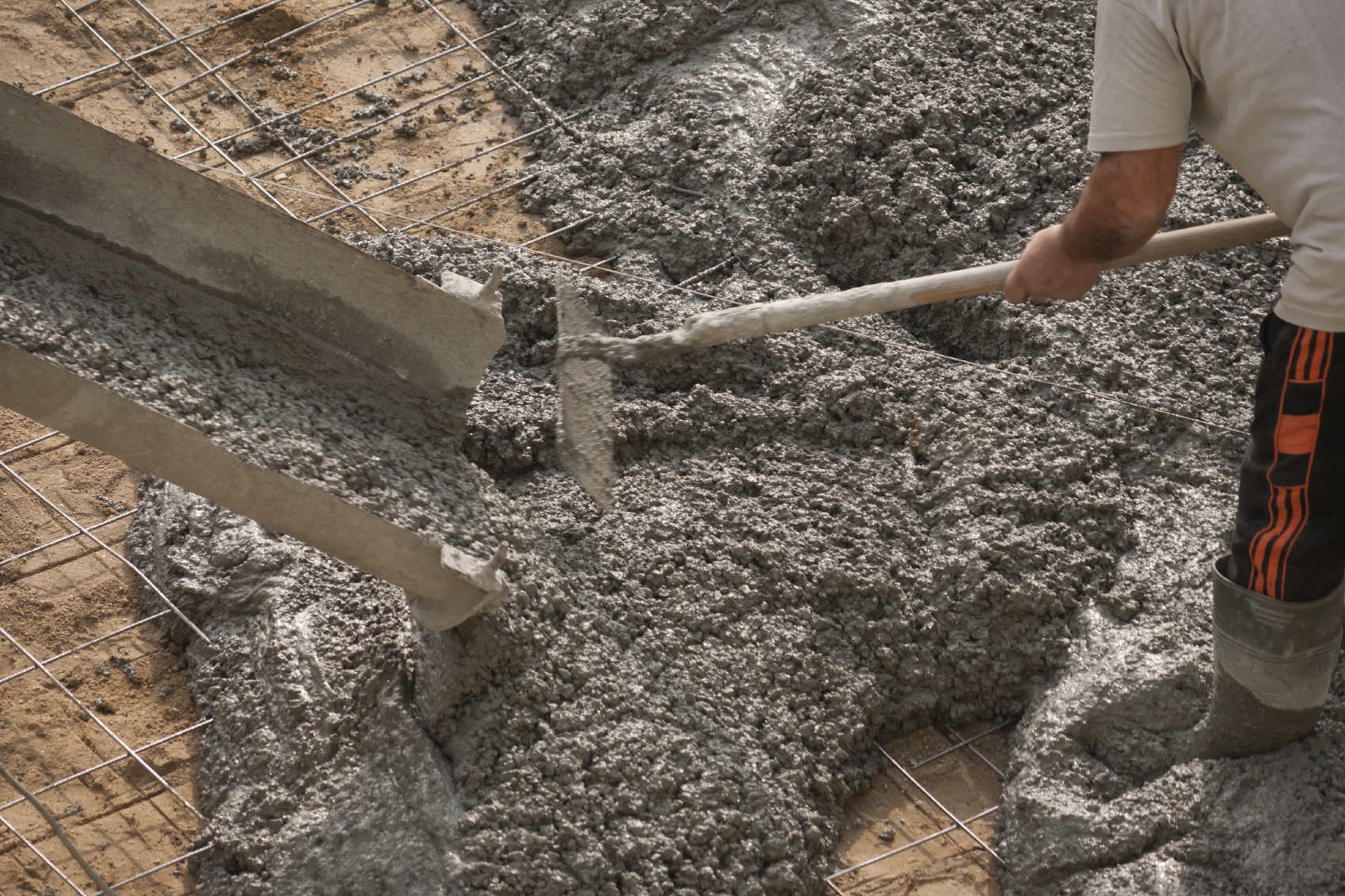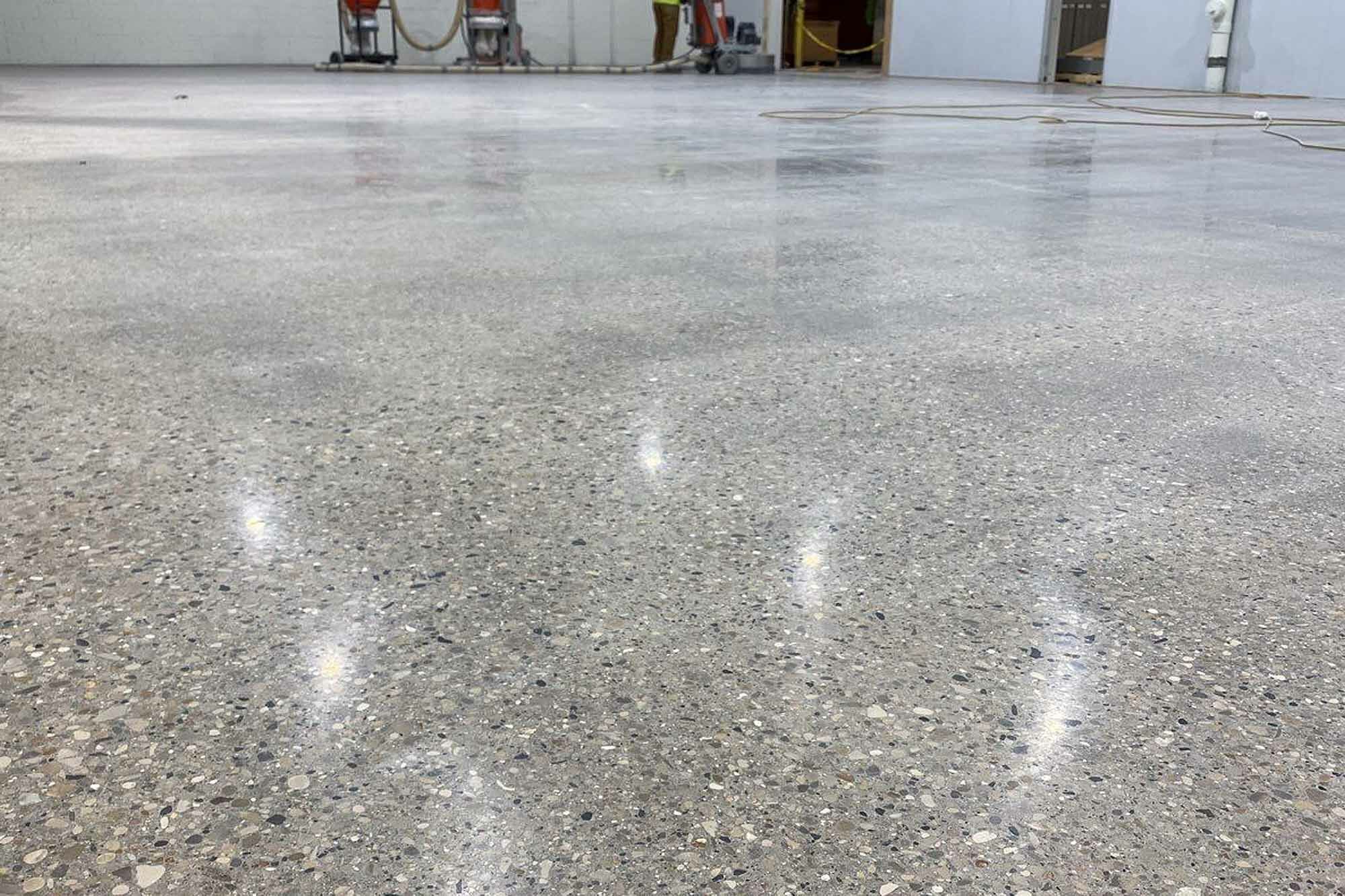High-grade Concrete Providers: Resilient Solutions for Your Building And Construction Demands
High-grade Concrete Providers: Resilient Solutions for Your Building And Construction Demands
Blog Article
Revealing the Eco-Friendly Advantages of Utilizing Recycled Concrete in Sustainable Building And Construction Practices
In the world of sustainable building and construction practices, the utilization of recycled concrete stands as a critical yet commonly undervalued source. Beyond its conventional applications, recycled concrete offers a myriad of green advantages that extend much past the boundaries of traditional building products.
Ecological Advantages
Undoubtedly, among the most significant advantages of making use of recycled concrete is its favorable influence on the environment. By including recycled concrete into construction practices, there is a significant decrease in the requirement for brand-new resources, resulting in conservation of natural deposits. This procedure assists in protecting accumulations, water, and power that would have been used in generating brand-new concrete. In addition, using recycled concrete lessens the amount of waste being sent out to land fills, thus minimizing ecological pollution and minimizing the pressure on landfill capacities.

In comparison, recycled concrete has a reduced carbon footprint as it reduces the need for new concrete manufacturing. On the whole, the environmental benefits of utilizing recycled concrete are considerable and play a crucial role in advertising eco-friendly building techniques.
Cost-Efficiency
When evaluating the utilization of recycled concrete in building and construction projects,Attaining cost-efficiency is a vital factor to consider. One of the vital advantages of utilizing recycled concrete is its cost-effectiveness contrasted to conventional concrete. The manufacturing of recycled concrete includes much less energy and resources as it uses existing products, reducing the general job costs substantially. Furthermore, the availability of recycled concrete locally can further reduce transportation costs, making it an extra cost-effective choice for construction projects.
In addition, using recycled concrete can lead to financial savings in landfill prices by diverting concrete waste from disposal websites. This not only minimizes the ecological effect however additionally gets rid of the costs associated with waste elimination. Moreover, the toughness and performance of recycled concrete approach conventional concrete, making sure that expense financial savings do not jeopardize the high quality of the construction.
Resilience and Toughness
Recycled concrete offers comparable, if not premium, sturdiness and strength residential or commercial properties to typical concrete - Concrete. Through developments in handling methods and high quality control, recycled concrete can satisfy or exceed the efficiency requirements of standard concrete.

Waste Decrease
Effective waste decrease techniques play a critical role in the lasting application of resources within the construction sector. Waste decrease is a crucial benefit that adds substantially to environmental preservation when it comes to utilizing recycled concrete. Conventional building approaches usually create considerable quantities of waste, particularly in the form of concrete rubble from demolition websites. By including recycled concrete into building and construction tasks, this waste is repurposed and diverted from landfills, reducing the overall environmental effect of building and construction activities.
Furthermore, the usage of recycled concrete can lead to set you back financial savings for construction tasks, as it is typically a lot more economical than sourcing and carrying brand-new materials - Concrete. In conclusion, waste decrease with the application of recycled concrete is an important part of lasting construction methods that profits both the building and the environment market as a whole.
Energy Conservation
When it comes to utilizing recycled concrete in construction, considerable power savings are accomplished contrasted to conventional concrete manufacturing. The process of producing recycled concrete find more entails reusing and squashing existing concrete products, which consumes less power than mining, processing, and transferring raw products for brand-new concrete manufacturing.
Final Thought
In verdict, the use of recycled concrete in sustainable construction practices offers numerous environmental advantages, cost-efficiency, durability, strength, waste reduction, and energy preservation. By incorporating recycled concrete right into building and construction jobs, we can contribute to an extra lasting and ecologically pleasant future. It is vital for the building industry to prioritize using recycled materials to help in reducing the environmental influence of building activities.
One of the vital advantages of using recycled concrete is its cost-effectiveness contrasted to standard concrete.Moreover, the use of recycled concrete can lead to savings in land fill prices by drawing away concrete waste from disposal websites. The longevity and efficiency of recycled concrete are equivalent to traditional concrete, ensuring you can try these out that cost financial savings do not compromise the high quality of the building and construction.

Report this page